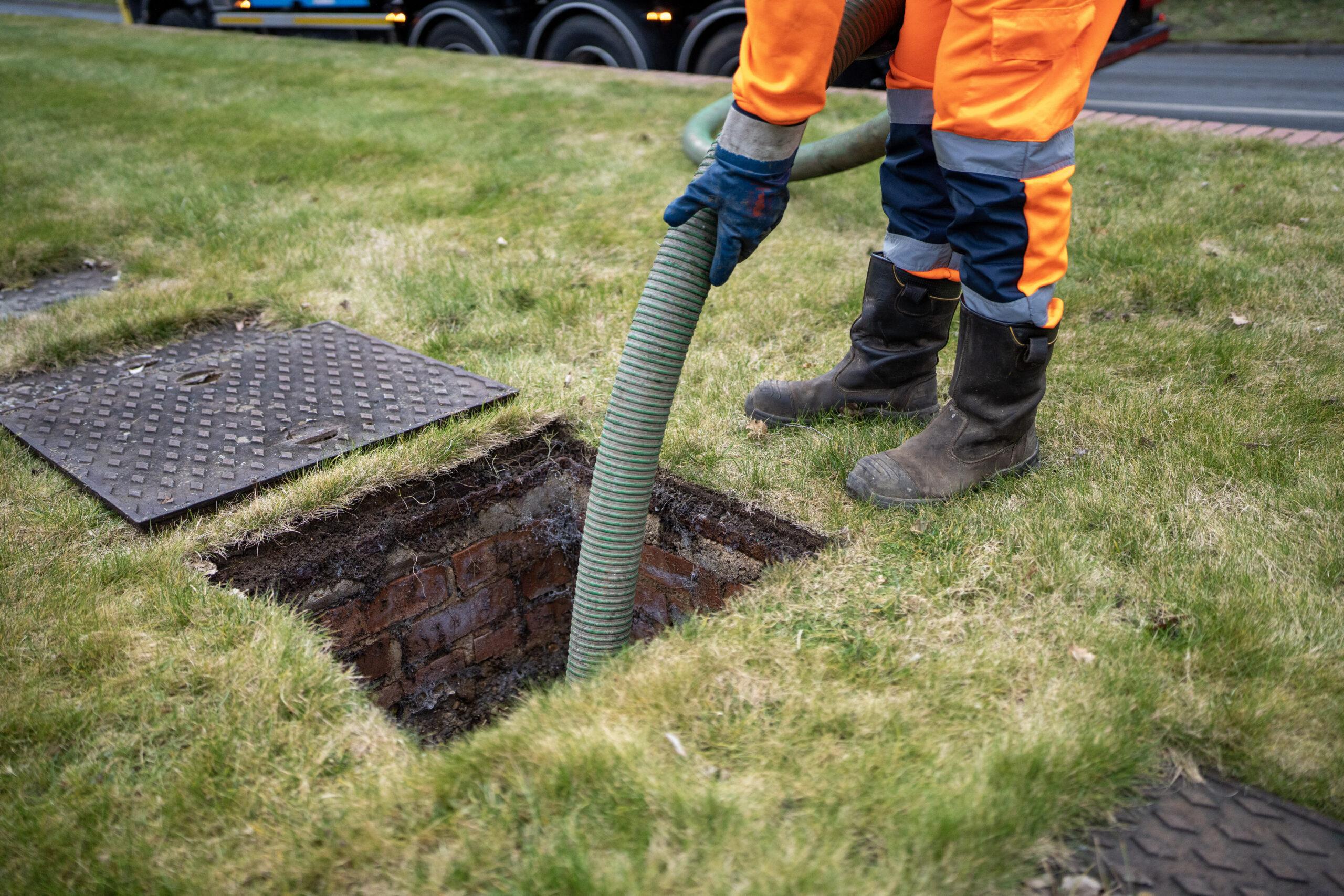Proper maintenance of waste management systems is crucial for safeguarding the environment. For properties using cess pits, regular cess pit emptying is an essential practice that offers significant environmental benefits. A cess pit, or cesspool, is a large, underground container designed to collect and store wastewater. Unlike septic systems, cess pits do not treat wastewater but simply hold it until it is removed. This makes regular emptying vital to prevent potential environmental issues. In this blog, we will explore the various environmental benefits of regular cess pit emptying and why it should be a priority for property owners.
1. Prevention of Soil Contamination
One of the primary environmental benefits of regular cess pit emptying is the prevention of soil contamination. Over time, as a cess pit fills up with wastewater and solid waste, there is an increased risk of leaks or overflows. When a cess pit is not emptied regularly, it can reach its capacity, leading to the release of untreated wastewater into the surrounding soil. This can cause soil contamination, which affects plant life and can even enter the groundwater.
Regular cess pit emptying ensures that the pit does not exceed its capacity, reducing the risk of leaks and overflows. By preventing soil contamination, you help maintain the health and fertility of the soil, which is essential for supporting local vegetation and ecosystems.
2. Protection of Water Resources
Another critical environmental benefit of regular cess pit emptying is the protection of water resources. When a cess pit overflows or leaks, untreated wastewater can seep into the groundwater or surface water bodies. This can lead to water pollution, which affects not only local aquatic life but also the quality of drinking water sources.
Contaminated water can carry harmful bacteria, pathogens, and chemicals that pose significant risks to both human health and the environment. By scheduling regular cess pit emptying, you reduce the likelihood of wastewater escaping into water resources, thereby helping to protect and preserve clean water supplies for both humans and wildlife.
3. Reduction of Odor Pollution
Overflowing cess pits often result in unpleasant odors due to the accumulation of waste and gases. These odors can spread to nearby areas, creating discomfort for residents and potentially affecting the quality of life. Unpleasant smells are not just a nuisance; they can also be indicative of underlying environmental issues.
Regular cess pit emptying helps to manage and control waste levels within the pit, reducing the production of foul odors. By preventing overflows and maintaining proper waste levels, you contribute to a more pleasant and healthier environment for yourself and your neighbors.
4. Prevention of Surface Water Pollution
When a cess pit reaches its capacity and overflows, the excess wastewater can accumulate on the surface around the pit. This surface water pollution can result in the spread of contaminants and pose risks to local wildlife and ecosystems. The accumulation of wastewater on the surface can also lead to erosion and damage to surrounding vegetation.
By ensuring regular cess pit emptying, you prevent the accumulation of wastewater that could potentially spill over and cause surface water pollution. This practice helps maintain the cleanliness of your property and the surrounding environment, protecting both natural habitats and local wildlife.
5. Mitigation of Health Risks
Untreated wastewater in a cess pit can harbor harmful bacteria, viruses, and pathogens that pose health risks to humans and animals. When a cess pit overflows or leaks, these pathogens can spread into the environment, increasing the risk of waterborne diseases and infections.
Regular cess pit emptying reduces the risk of overflow and leakage, thereby mitigating the potential health hazards associated with untreated wastewater. By maintaining a clean and properly managed cess pit, you contribute to a safer environment and reduce the risk of health issues for yourself, your family, and your community.
Best Practices for Cess Pit Emptying
To maximize the environmental benefits of cess pit emptying, consider the following best practices:
1. Schedule Regular Emptying
Establish a regular schedule for cess pit emptying based on factors such as the size of the pit, the number of occupants, and the volume of wastewater generated. As a general guideline, cess pits should be emptied at least once a year. Properties with higher wastewater volumes may require more frequent emptying.
2. Monitor Cess Pit Levels
Keep an eye on the levels of waste in your cess pit and look out for any signs of potential issues, such as unpleasant odors, slow drainage, or surface water pooling. Monitoring cess pit levels helps you anticipate when emptying is needed and take action before problems arise.
3. Choose a Reputable Service
Select a reputable cess pit emptying service that adheres to environmental regulations and uses modern equipment. Professional services ensure that waste is handled and disposed of properly, minimizing environmental impact.
4. Conduct Regular Inspections
In addition to regular emptying, schedule periodic inspections of your cess pit to check for signs of damage or wear. Inspections can help identify potential issues early and ensure that your cess pit remains in good condition.
5. Educate Occupants
Educate everyone in your household or property about proper waste disposal practices. Avoid flushing non-biodegradable materials or excessive grease down the drains, as these can contribute to faster accumulation of waste in the cess pit.
Conclusion
Regular cess pit emptying offers several significant environmental benefits, including the prevention of soil and water contamination, protection of water resources, reduction of odor pollution, prevention of surface water pollution, and mitigation of health risks. By maintaining a clean and properly managed cess pit, you contribute to a healthier and more sustainable environment. Scheduling regular emptying, monitoring cess pit levels, and choosing a reputable service provider are essential steps in ensuring that your waste management system operates effectively and responsibly. Prioritizing these practices helps protect the environment and enhances the quality of life for everyone in your community. Read More
